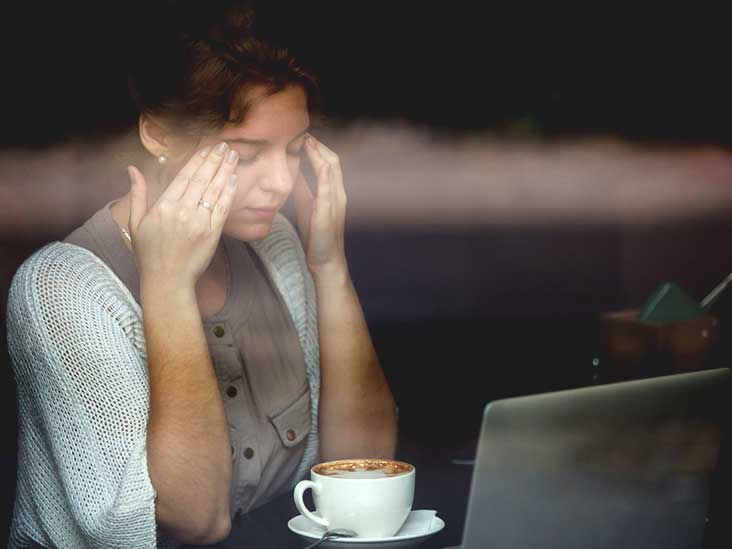Understanding migraines
Migraines are very common with 4.9 million (20.55%) Australians experiencing migraines in 2018 with 71% of those being women. Migraines can last 4-72 hours and are usually one-sided, moderate to severe in intensity, and have a throbbing or pulsating nature. Additionally, nausea and photo or phonophobia can be related to migraines (International Headache Society).
The relationship between caffeine and migraines
Caffeine is regularly consumed in today’s society through drinks and food. It has a long-standing association with migraines, whether it be triggering or reducing migraines. Caffeine can help migraines by reducing blood flow and hence inflammation. Additionally, caffeine helps to enhance the effects of analgesic medications such as Panadol and Nurofen by increasing gastric motility, or the movement of food through the human body. Increased gastric motility increases the absorption of medications and hence enhances the effectiveness of the medications.

The way caffeine triggers migraines
Whilst caffeine can be helpful, as previously suggested, it can also trigger migraines. The specific way caffeine does this is firstly by stimulating urinary loss of magnesium, possibly by way of decreasing its reabsorption. Since magnesium plays a vital role in conduction and transmission of signals in nerves and is an important aspect when trying to reduce migraines, then it would appear that migraines could become more evident due to a loss of magnesium. This also might be why caffeine overuse can also transform episodic migraines into chronic migraines.
Another reason why caffeine may trigger migraines can be caffeine withdrawal. People with daily high caffeine intake during the working week who postpone caffeine intake on the weekends have a higher predisposition to headaches, and consequently, migraines on the weekend due to caffeine withdrawal.
However, caffeine is not the only trigger of migraines. Other common triggers of migraines include stress, fatigue, smells, loud sounds, bright lights, chocolate, poor sleep, weather, alcohol, and hormones.
Caffeine recommendations and physiotherapy
So what are the recommendations for caffeine intake? Research suggests that people with migraines should not consume more than 200mg of caffeine/per day. Migraine sufferers are also encouraged to keep track of their caffeine intake and to thoroughly understand what foods and drinks contain caffeine so they can choose the right foods and drinks for them.
Caffeine is an integral part of many people’s lives. We now know that caffeine can potentially have a large influence on the migraine process whether positively or negatively.
Whilst caffeine might trigger migraines, recent research into migraines demonstrates that neck dysfunction can be a cause for migraines. Within the neck lies a structure called the brainstem, and when the brainstem becomes sensitised, it can refer pain and symptoms, such as dizziness, into the head. By realigning the upper 3 vertebrae of the neck, can greatly reduce brainstem sensitivity, so is worth going seeking professional help. For more information, please book an initial headache assessment with the Gold Coast Headache and Migraine Clinic.







